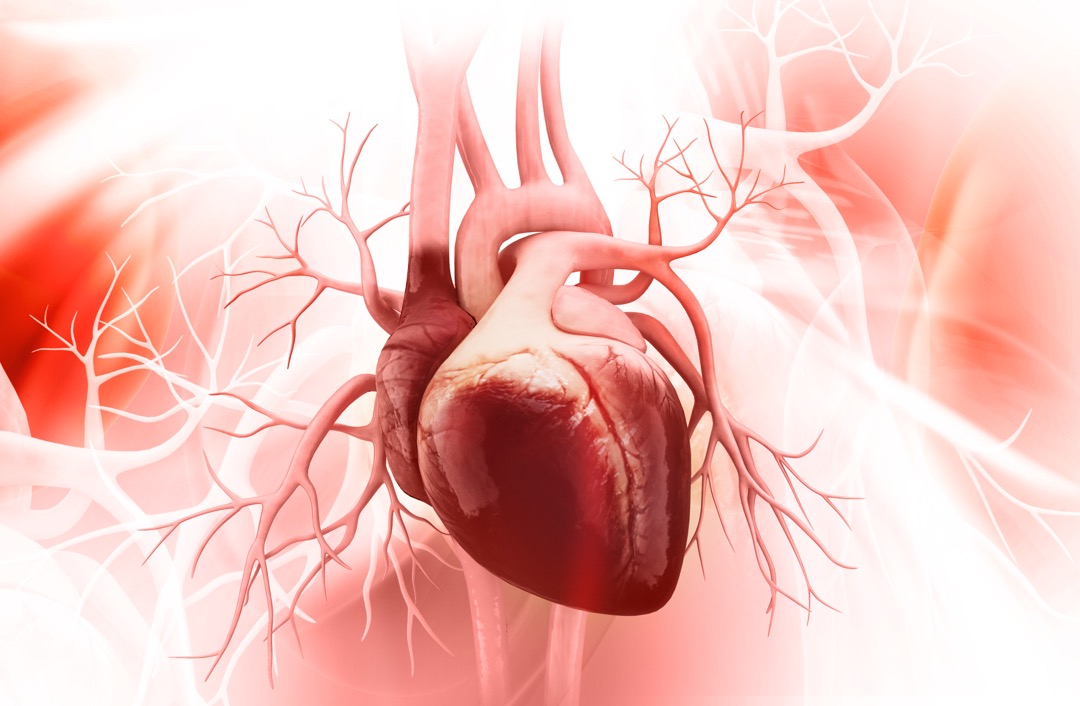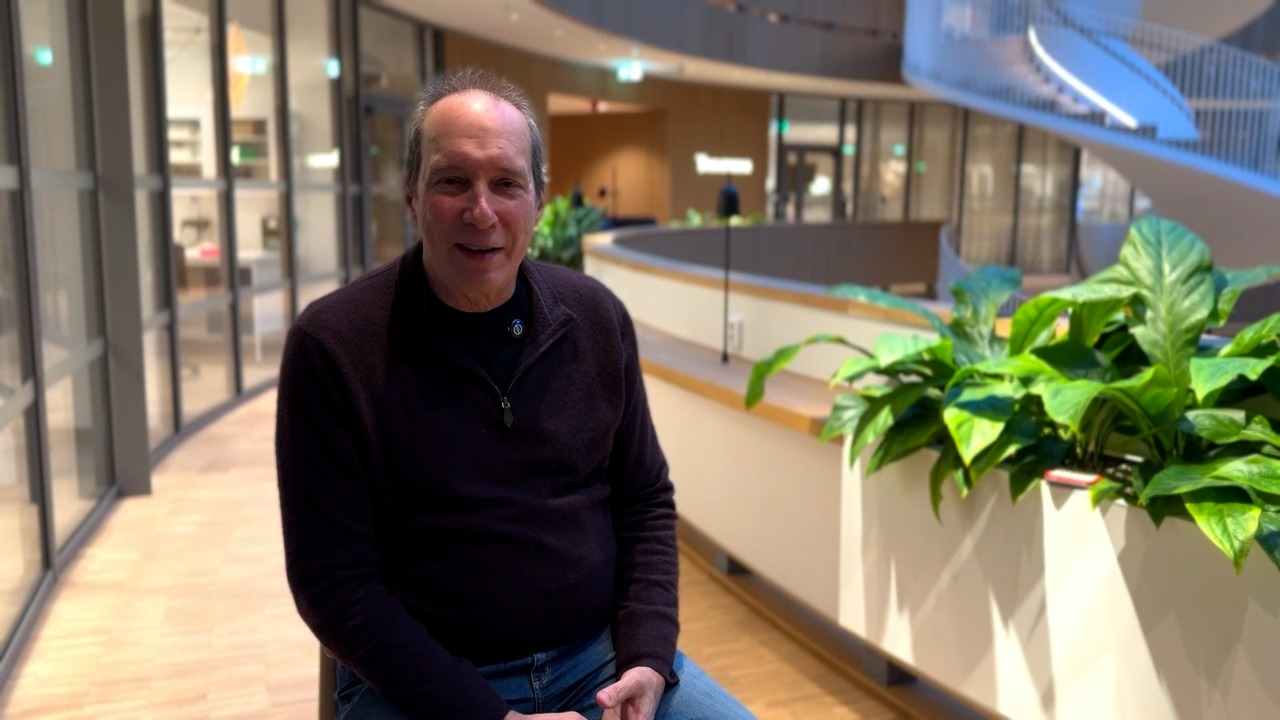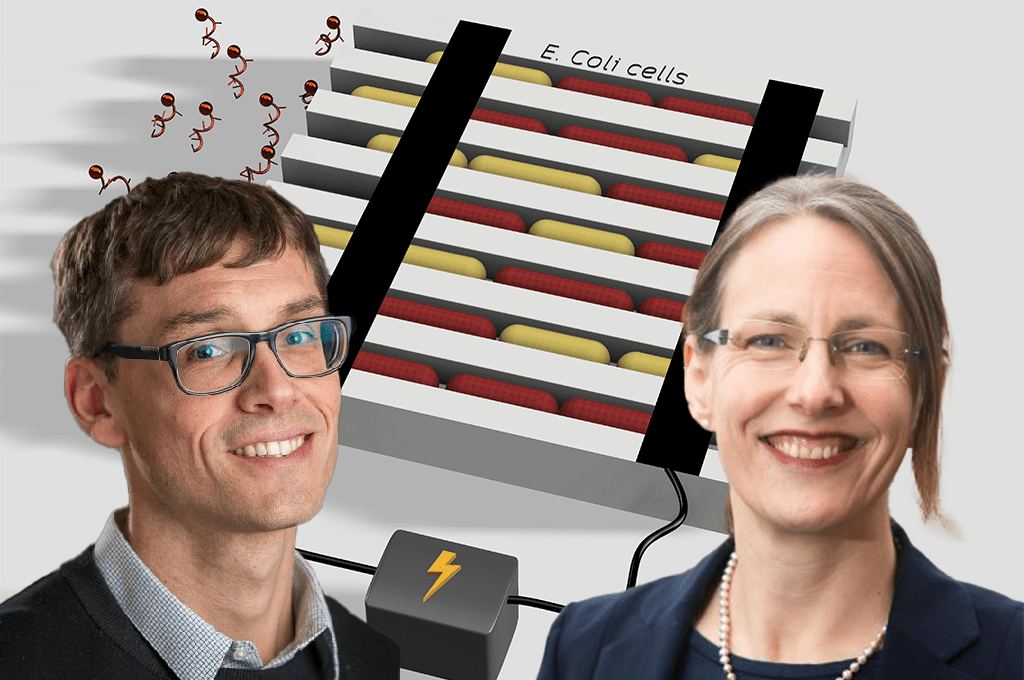Fat mass and fat-free mass found to have independent effects on atrial fibrillation

A recent study led by Erik Ingelsson (Uppsala University/SciLifeLab) has explored the association between body composition and atrial fibrillation – a common type of arrhythmia, or irregular heart rhythm. The effect of fat mass was shown to be independent, not mediated through the effect of fat-free mass.
A globally aging population and growing obesity numbers is expected to increase the prevalence of atrial fibrillation. The aim of the new study, published in the European Heart Journal, was to evaluate independent causal roles of fat-free mass and fat mass on atrial fibrillation. The researchers found that fat-free mass and fat mass independently caused an increased risk of atrial fibrillation, with genetically programmed increases in the different types of mass.
They used a method called Mendelian randomization, which evaluates causality of risk factors on disease by using genetic variants as proxies for risk factors. In contrast to recent observational analyses questioning the independent role of fat mass, the Mendelian randomization analysis in this study showed that the causal effect of fat mass on atrial fibrillation was in fact independent and not mediated through the effect of fat-free mass. Both observational and Mendelian randomization analyses further suggested that the association of fat-free mass with atrial fibrillation was equal in both sexes. Fat mass, however, showed stronger associations in women than in men.




